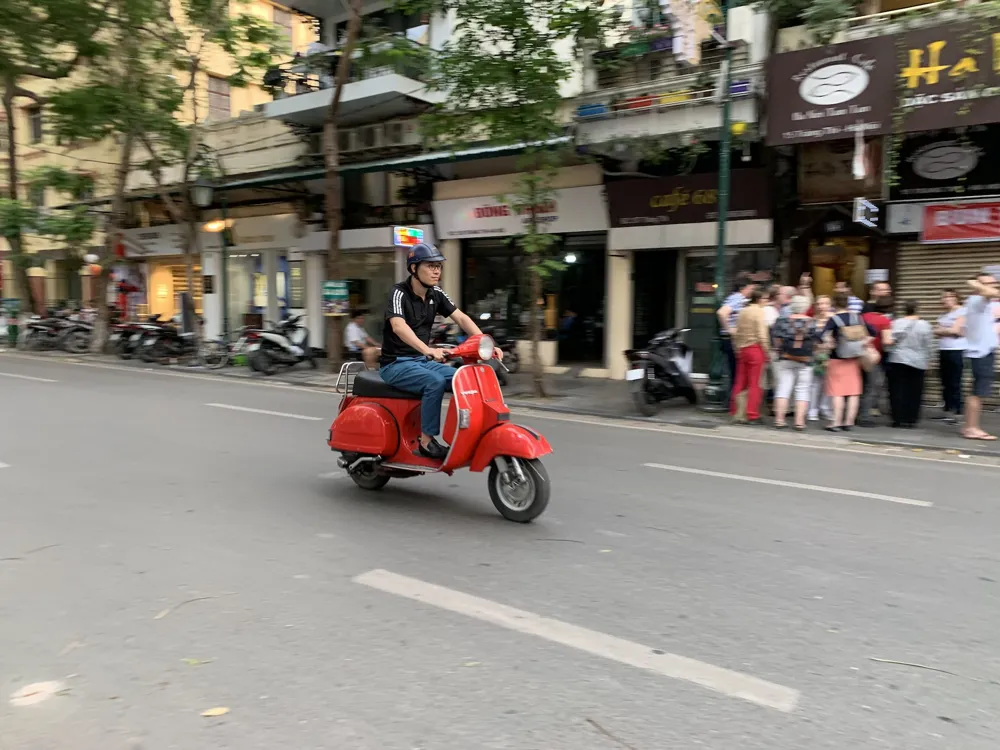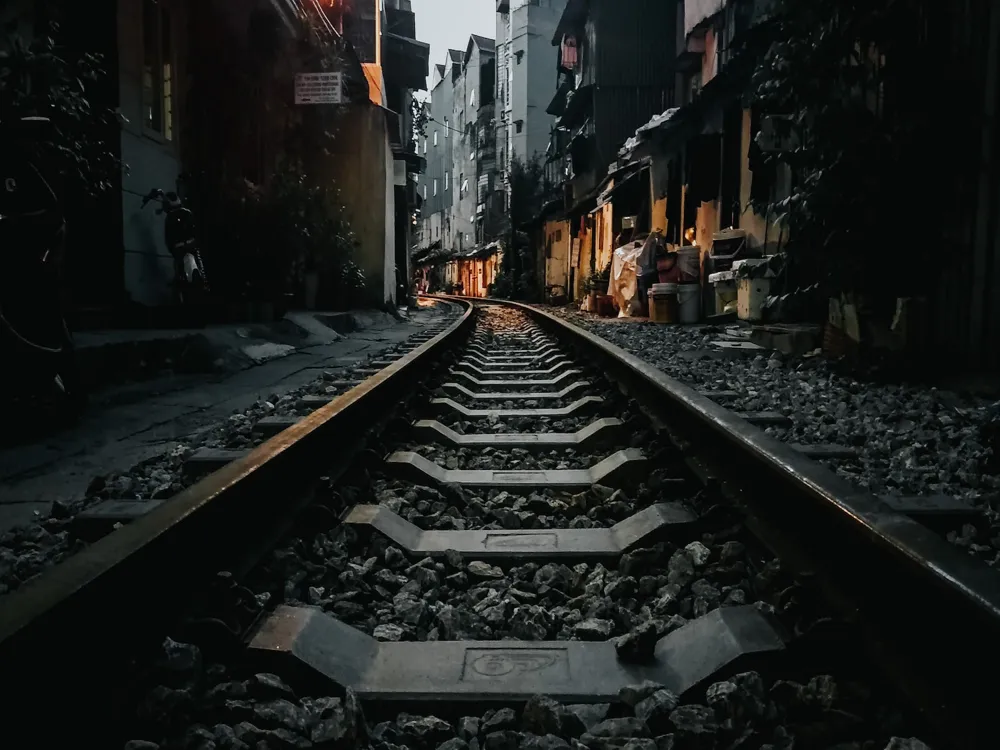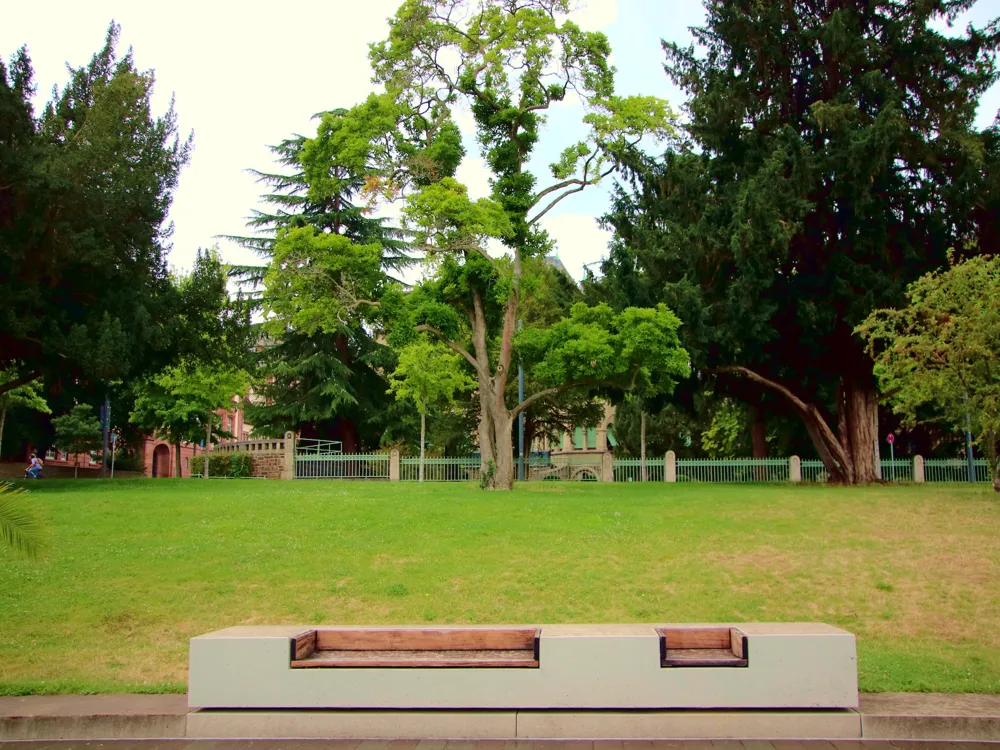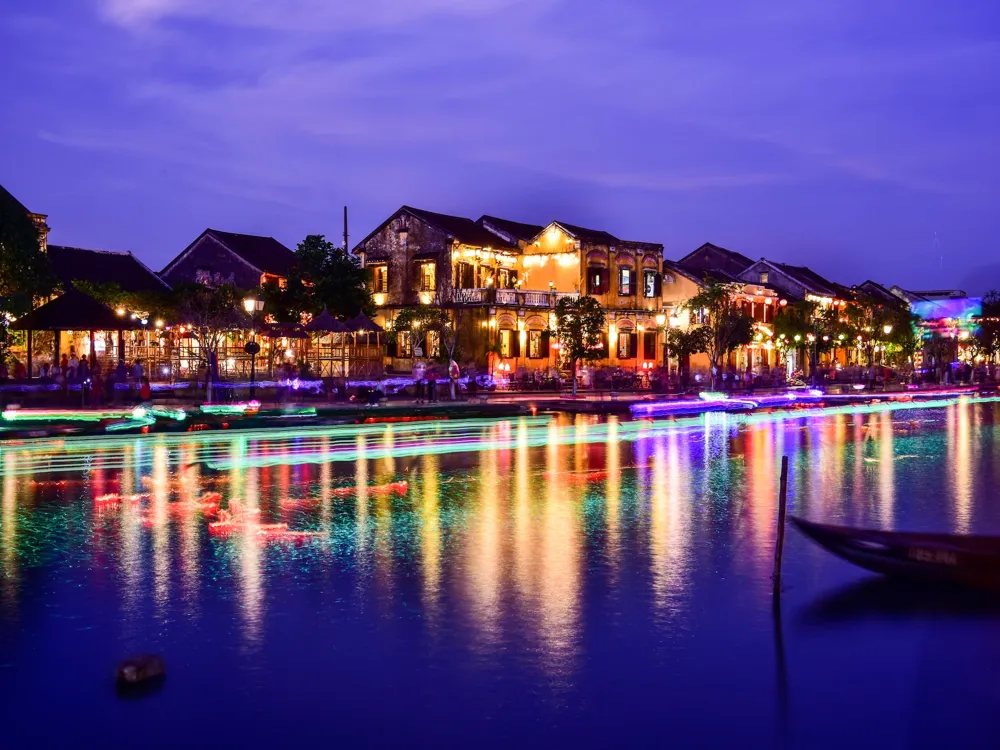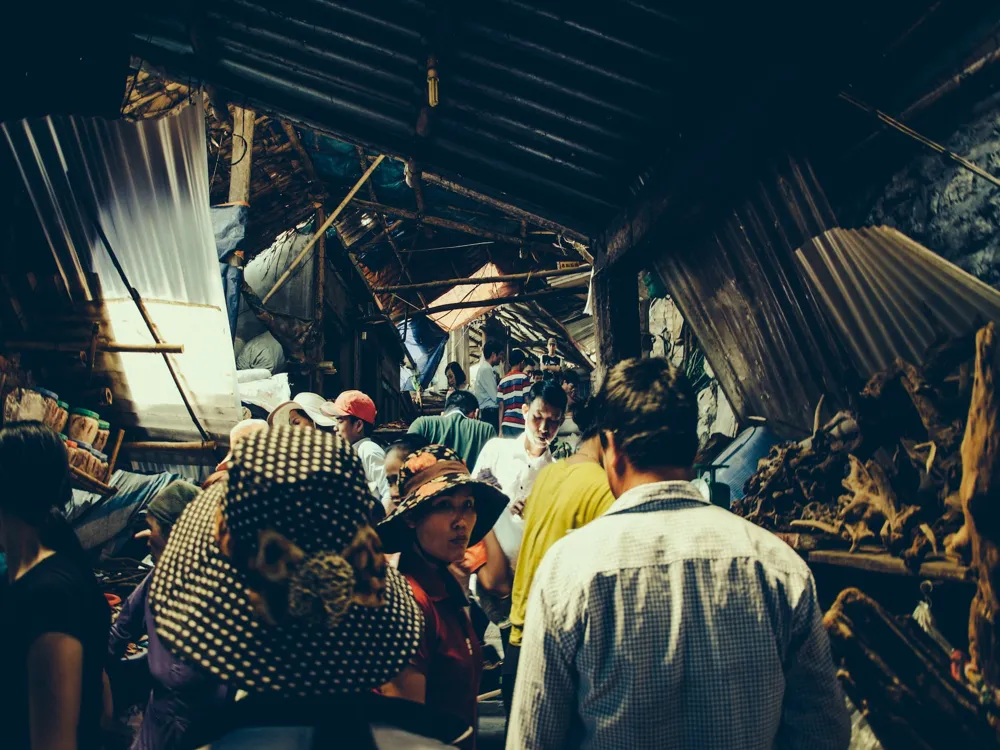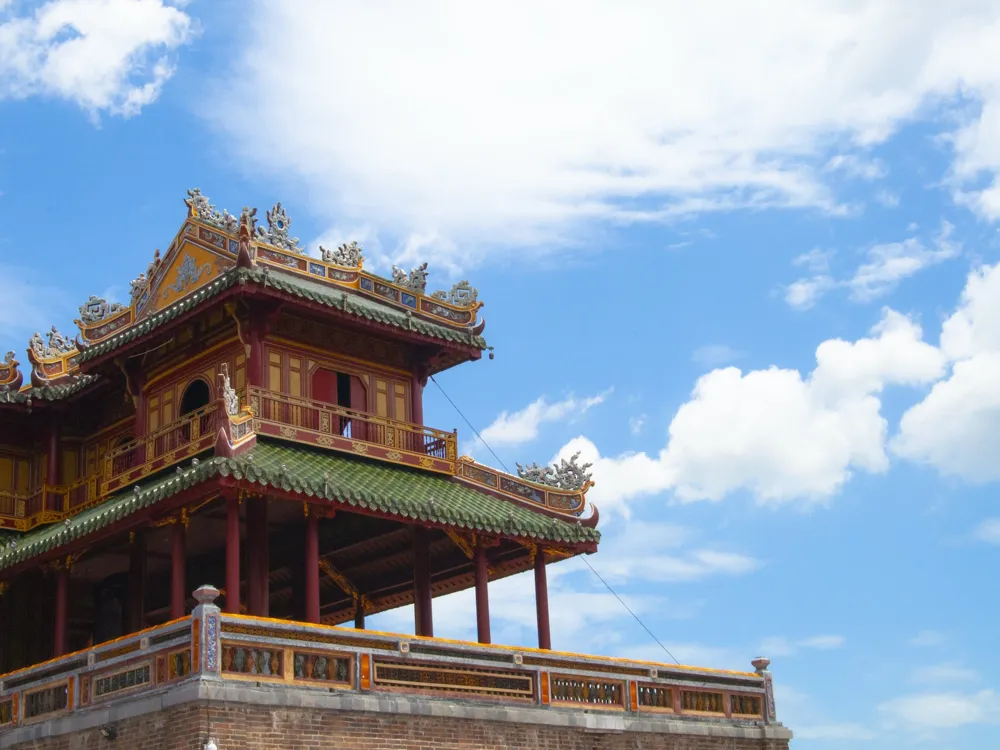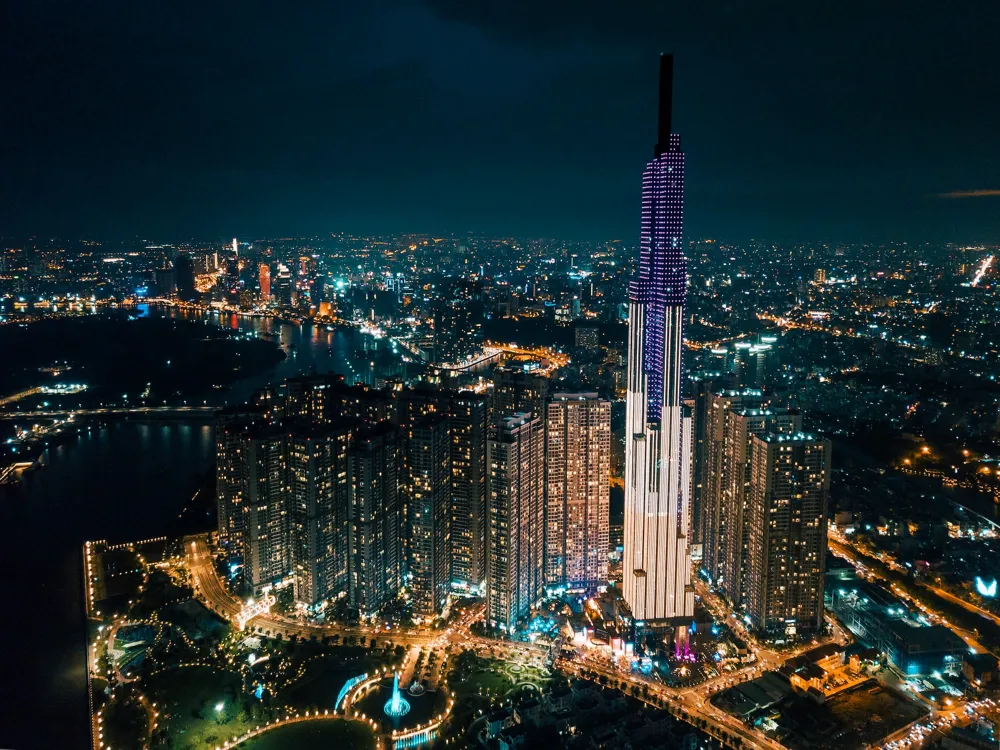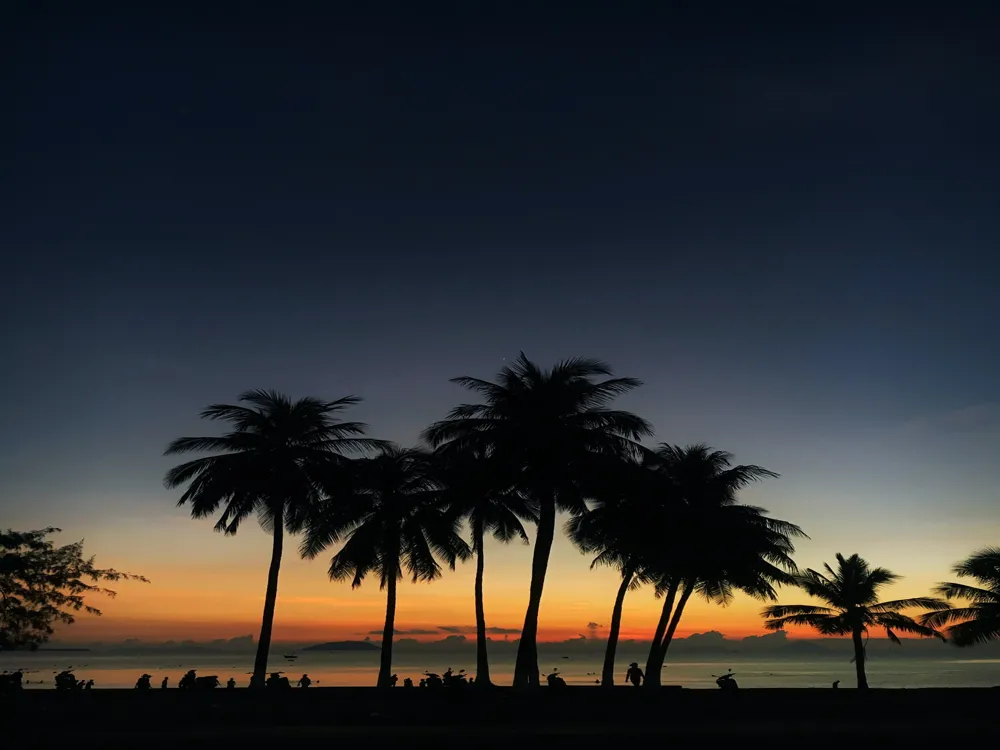Hanoi, the capital city of Vietnam, is a remarkable blend of old-world charm and modern dynamics. Known for its centuries-old architecture and a rich culture with Southeast Asian, Chinese, and French influences, Hanoi is a vibrant city that thrives in the 21st century while holding onto its historical roots. The city's heart is the chaotic Old Quarter, where the narrow streets are roughly arranged by trade. Amidst a bustling modern metropolis, Hanoi's old-world pagodas, unique museums, and colonial architecture stand as testaments to its ancient history.
Notably, the city's historical timeline stretches back over a thousand years. Hanoi, once known as Thang Long, was a center of power for the region, with its strategic location on the Red River. Over the centuries, Hanoi has been reshaped by various ruling dynasties, colonial powers, and modern conflicts, contributing to its complex cultural tapestry. This historical evolution is evident in the city's architectural landscape, a captivating fusion of traditional Sino-Vietnamese motifs, French colonial buildings, and modern skyscrapers.
The heart and soul of Hanoi's cultural history can be witnessed in its traditional performances, such as the famous water puppetry, a unique art form originating from northern Vietnam. Hanoi is also a city of festivals, from the vibrant Tet (Lunar New Year) celebrations to the Mid-Autumn festival, each event showcasing the rich customs and folklore of Vietnam. The city's culinary scene offers an equally rich tapestry, with street food stalls and upscale restaurants serving an array of local and international delicacies.
For nature enthusiasts, Hanoi provides a respite with its numerous parks and lakes, the most famous being Hoan Kiem Lake. This serene lake is a social hub for locals and tourists alike and is steeped in legend. The Temple of Literature, a well-preserved example of Vietnamese architecture and a renowned seat of learning, stands in contrast to the contemporary face of Hanoi, symbolizing the city's commitment to education and the arts. The city’s museums, such as the Vietnam National Museum of History and the Ho Chi Minh Museum, offer deep insights into the nation’s past, making Hanoi a compelling destination for history buffs.
In summary, Hanoi is not just Vietnam's political capital but also its cultural heart. Its streets echo with the buzz of motorbikes intermingled with the tranquility of its historical sites. This city is a living museum where the past coexists with the present, offering visitors an unforgettable experience of Asia's resilience and charm.
The architecture of Hanoi is a fascinating tapestry that narrates the history of Vietnam. It's an amalgamation of indigenous architectural traditions, Chinese influences, and French colonial design, all interwoven with modern architectural elements. This blend reflects the historical and cultural evolution of the city, making it a visually stunning urban landscape. The traditional Vietnamese architecture, characterized by its harmony with nature, is evident in the ancient temples and pagodas scattered throughout the city. These structures, often adorned with intricate carvings and elaborate roofs, speak of a deep spiritual heritage.
Chinese influence on Hanoi's architecture is palpable in the Old Quarter, where many buildings bear the stamp of traditional Chinese aesthetics combined with Vietnamese design. This area exemplifies the typical 'tube houses' - narrow and deep homes that adapt to the constraints of the city’s dense urban fabric. These houses often feature courtyards, a traditional element providing ventilation and natural light. The French colonial era left a significant mark on Hanoi's architecture, evident in the grand boulevards and impressive edifices in the French Quarter. Buildings such as the Hanoi Opera House and the State Bank of Vietnam showcase the Beaux-Arts style, while others display a fusion of French colonial and traditional Vietnamese architecture.
Modern architecture in Hanoi is a testament to Vietnam's rapid development. The city's skyline is punctuated with sleek skyscrapers and contemporary buildings, showcasing the ingenuity of modern Vietnamese architecture. These modern structures coexist with historical buildings, creating a dynamic urban fabric that reflects the city's growth and aspirations. Despite this modernization, Hanoi's architecture maintains a human scale in many of its neighborhoods, fostering a sense of community and connection among its residents.
In conclusion, the architecture of Hanoi is not just a display of styles and influences but a narrative of Vietnam's history and cultural identity. From ancient temples and colonial mansions to modern skyscrapers, each structure in Hanoi tells a story of the city’s past, present, and future. The city’s architectural landscape is a living museum, inviting visitors to explore and experience the rich tapestry of Hanoi's history and culture.
The best time to visit Hanoi is during the spring (February to April) and autumn (September to November) months. During these periods, the weather is pleasant with moderate temperatures, making it ideal for exploring the city. The spring season also coincides with several festivals, offering a glimpse into the rich cultural heritage of Hanoi.
Getting around Hanoi can be an adventure in itself. The most common modes of transport are motorbikes, cyclos (pedicabs), and taxis. For an authentic Hanoi experience, consider renting a motorbike or a bicycle. However, be mindful of the city's hectic traffic and always wear a helmet. Taxis are plentiful and affordable, but make sure to use reputable companies to avoid scams.
Respect for local customs and traditions is crucial when visiting Hanoi. Dress modestly when visiting temples and pagodas, and always remove your shoes before entering. It's also important to be respectful when taking photographs, especially of people or religious sites. Learning a few basic Vietnamese phrases can go a long way in showing respect and enhancing your experience.
Hanoi is famous for its street food, but it's essential to eat at reputable stalls to avoid foodborne illnesses. Try local specialties like Pho (noodle soup) and Banh Mi (Vietnamese sandwich). Always drink bottled water, and be cautious with ice in drinks. As in any major city, keep an eye on your belongings to avoid pickpockets, especially in crowded areas.
Hanoi offers a range of accommodation options, from budget hostels to luxury hotels. Staying in the Old Quarter can be convenient for sightseeing, as many attractions are within walking distance. For a quieter experience, consider staying near West Lake or the French Quarter. Always check reviews and book in advance, especially during peak tourist seasons.
Hanoi is well-connected and accessible from various parts of the world. The primary gateway to the city is the Noi Bai International Airport, located about 35 kilometers from the city center. From the airport, visitors can take taxis, buses, or arrange for hotel shuttle services to reach the city. For those traveling within Vietnam or from neighboring countries, Hanoi can also be reached by train or bus. The city's central railway station, Hanoi Railway Station, offers services to major cities like Ho Chi Minh City and Da Nang. Long-distance buses connect Hanoi with other major cities and regions in Vietnam.
Overview of Hanoi
Architecture of Hanoi
Tips When Visiting Hanoi
Best Time to Visit
Transportation Tips
Cultural Etiquette
Food and Safety
Accommodation Tips
How To Reach Hanoi
Ancient House
Hanoi
₹ 15,260 onwards
View hanoi Packages
Weather :
Tags : Museum
Timings : Monday - Thursday: 8:30 AM - 5:00 PMFriday - Sunday: 8:30 AM - 5:00 PM, 7:30 PM - 10:00 PM
Time Required : 1 - 2 hours
Entry Fee : VND 10,000
Planning a Trip? Ask Your Question
Also Refered As:
Heritage House
Hanoi Travel Packages
View All Packages For Hanoi
Top Hotel Collections for Hanoi

Private Pool

Luxury Hotels

5-Star Hotels

Pet Friendly
Top Hotels Near Hanoi
Other Top Ranking Places In Hanoi
View All Places To Visit In hanoi
View hanoi Packages
Weather :
Tags : Museum
Timings : Monday - Thursday: 8:30 AM - 5:00 PMFriday - Sunday: 8:30 AM - 5:00 PM, 7:30 PM - 10:00 PM
Time Required : 1 - 2 hours
Entry Fee : VND 10,000
Planning a Trip? Ask Your Question
Also Refered As:
Heritage House
Hanoi Travel Packages
View All Packages For Hanoi
Top Hotel Collections for Hanoi

Private Pool

Luxury Hotels

5-Star Hotels

Pet Friendly







